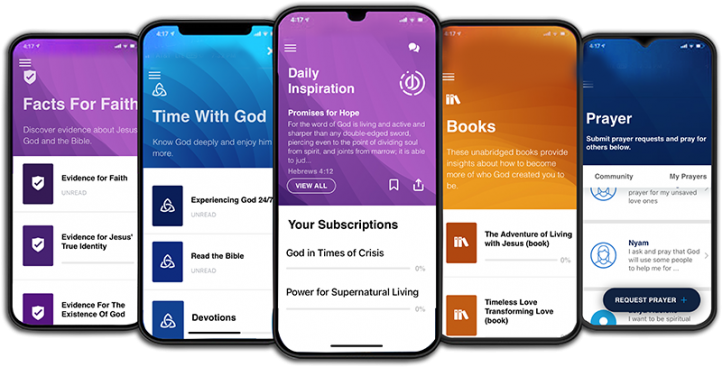THE QUESTIONS THAT FOLLOW THE EVIDENCE
Einstein’s theorems based on his theory of relativity predict that the universe could not have begun without an outside force or Beginner.[14] Since Einstein’s theory of relativity ranks as the most exhaustively tested and best proven principle in physics, his conclusion is deemed correct.[15]
Tests from an array of radio telescopes at the South Pole have confirmed the big bang to a still higher degree of accuracy than ever before.[16] Background radiation measurements exceed 99.9% of what had been predicted.[17] There are now more than 30 independent confirmations that the universe had a one-time origin.[18]
New telescopes such as the infrared Spitzer Space Telescope, launched in 2003, have opened up even bigger windows to our universe. They have prompted astronomer Giovanni Fazio, from the Harvard-Smithsonian Center for Astrophysics, to remark, “We are now able for the first time to lift the cosmic veil that has blocked our view.”[19]
As a result of the accumulating evidence, the scientific community has long since begun asking questions about origins, such as the following:
• What was there before the big bang?
• Why did the big bang result in a universe enabling life to exist?
• How could everything originate from nothing?
Smoot ponders what was there before the beginning: “Go back further still, beyond the moment of creation—what then? What was there before the big bang? What was there before time began?”[20] The same astrophysicist notes that “until the late 1910’s … those who didn’t take Genesis literally had no reason to believe there had been a beginning.”[21] The Genesis account of creation and the big bang theory both speak of everything coming from nothing. Suddenly the Bible and science agree (a discovery somewhat embarrassing to materialists). Smoot admits, “There is no doubt that a parallel exists between the big bang as an event and the Christian notion of creation from nothing.”[22]
Continue reading page 8 of 9 of “Did the Universe Have a Beginning?”

